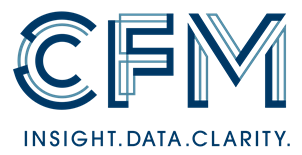Welcome to the Data Science Colloquium of the ENS.
This colloquium is organized around data sciences in a broad sense with the goal of bringing together researchers with diverse backgrounds (including for instance mathematics, computer science, physics, chemistry and neuroscience) but a common interest in dealing with large scale or high dimensional data.
The colloquium is followed by an open buffet around which participants can meet and discuss collaborations.
These seminars are made possible by the support of the CFM-ENS Chair “Modèles et Sciences des Données”.
You can check the list of the next seminars below and the list of past seminars.
Videos of some of the past seminars are available online.
Organizers
The colloquium is organized by:
- Giulio Biroli (ENS): director ;
- Stéphane Mallat (Collège de France) ;
- Alex Cayco Gajic (ENS) ;
- Gabriel Peyré (CNRS and ENS).
- Bruno Loureiro (CNRS and ENS)
Next seminars
17 March 2026, 12h00-13h00 (Paris time), room Salle Dussane (45 Rue d'Ulm).
Julien Mairal (INRIA Grenoble)
Title: Physical Models and Machine Learning for Scientific Imaging
Abstract: In this presentation, we will present a few scientific imaging problems where hybrid approaches that combine physical models of image formation and deep learning are highly successful. We will then address a fundamental challenge in image restoration: the choice of estimator, as perceptual quality often does not align with traditional objective criteria such as minimizing the mean squared error. Finally, we will show how algorithms related to diffusion---highly successful in generative image modeling---can provide an effective solution to this problem.


